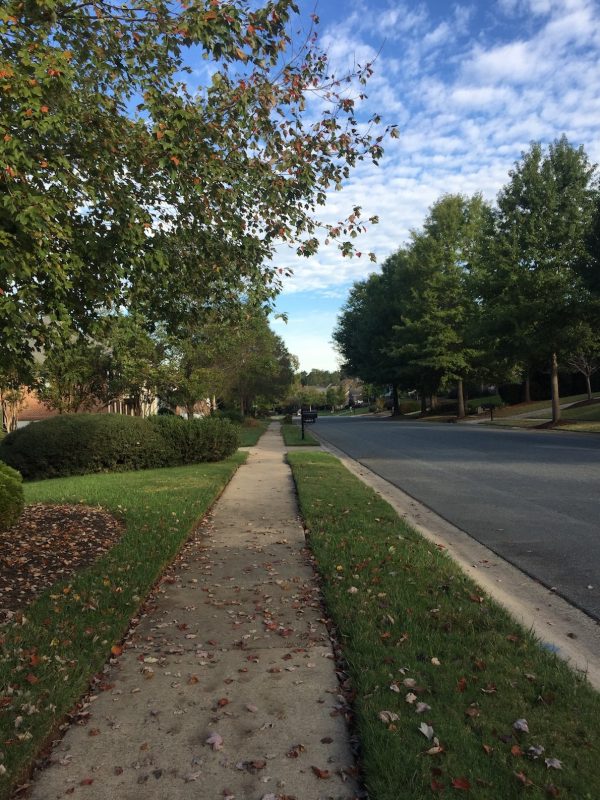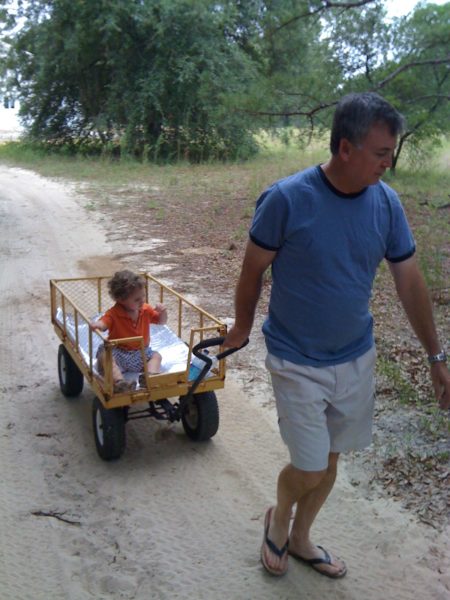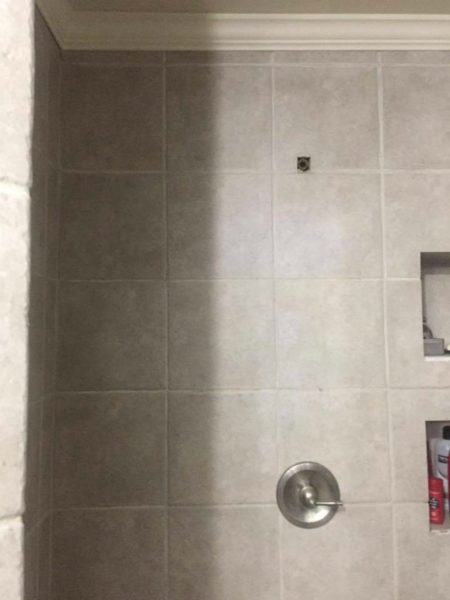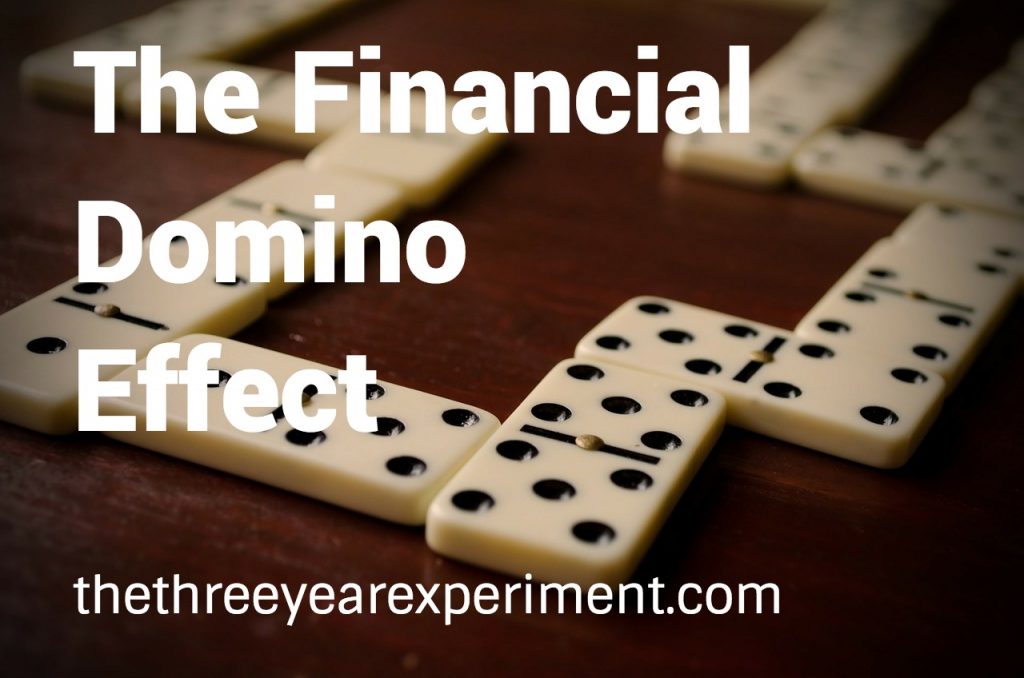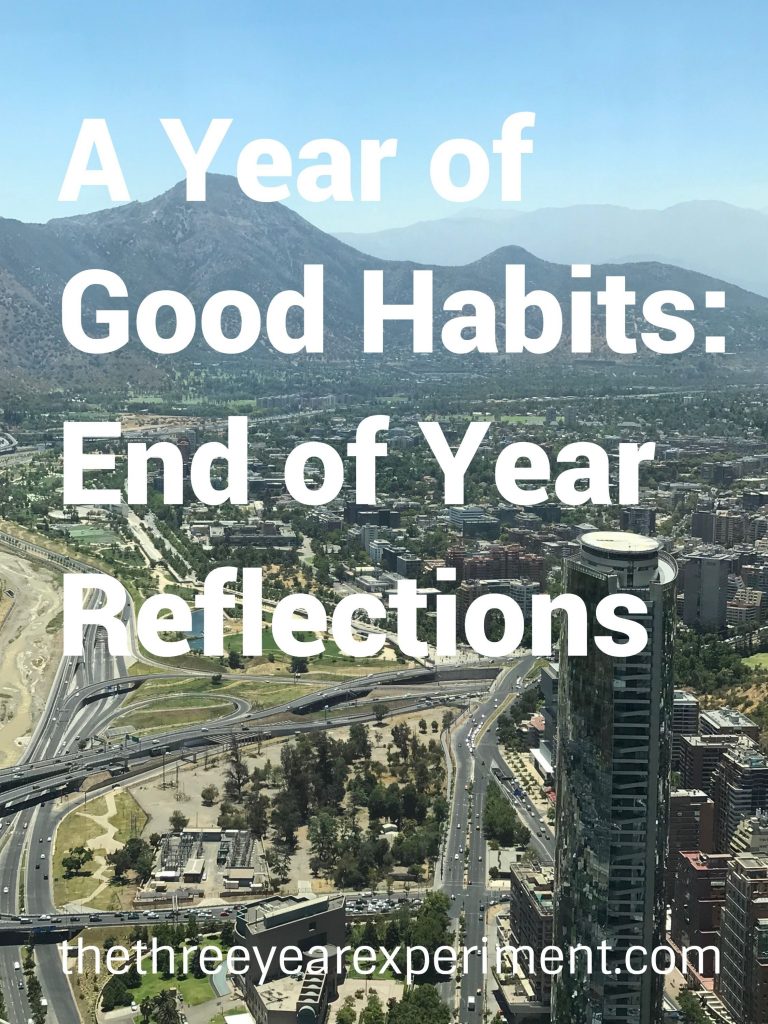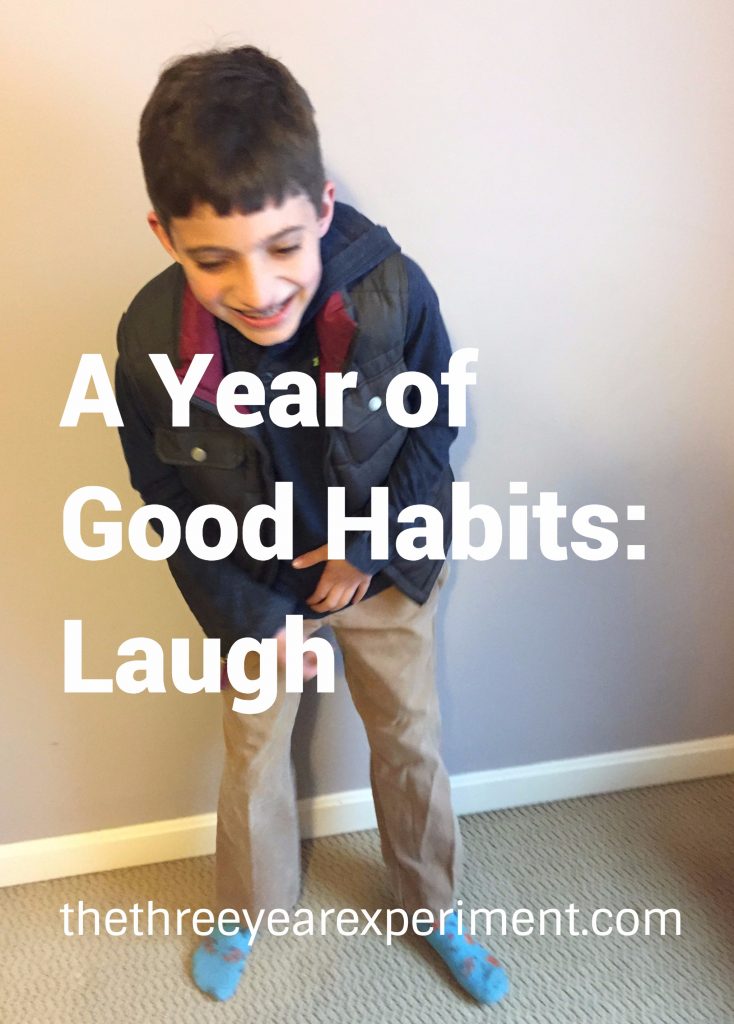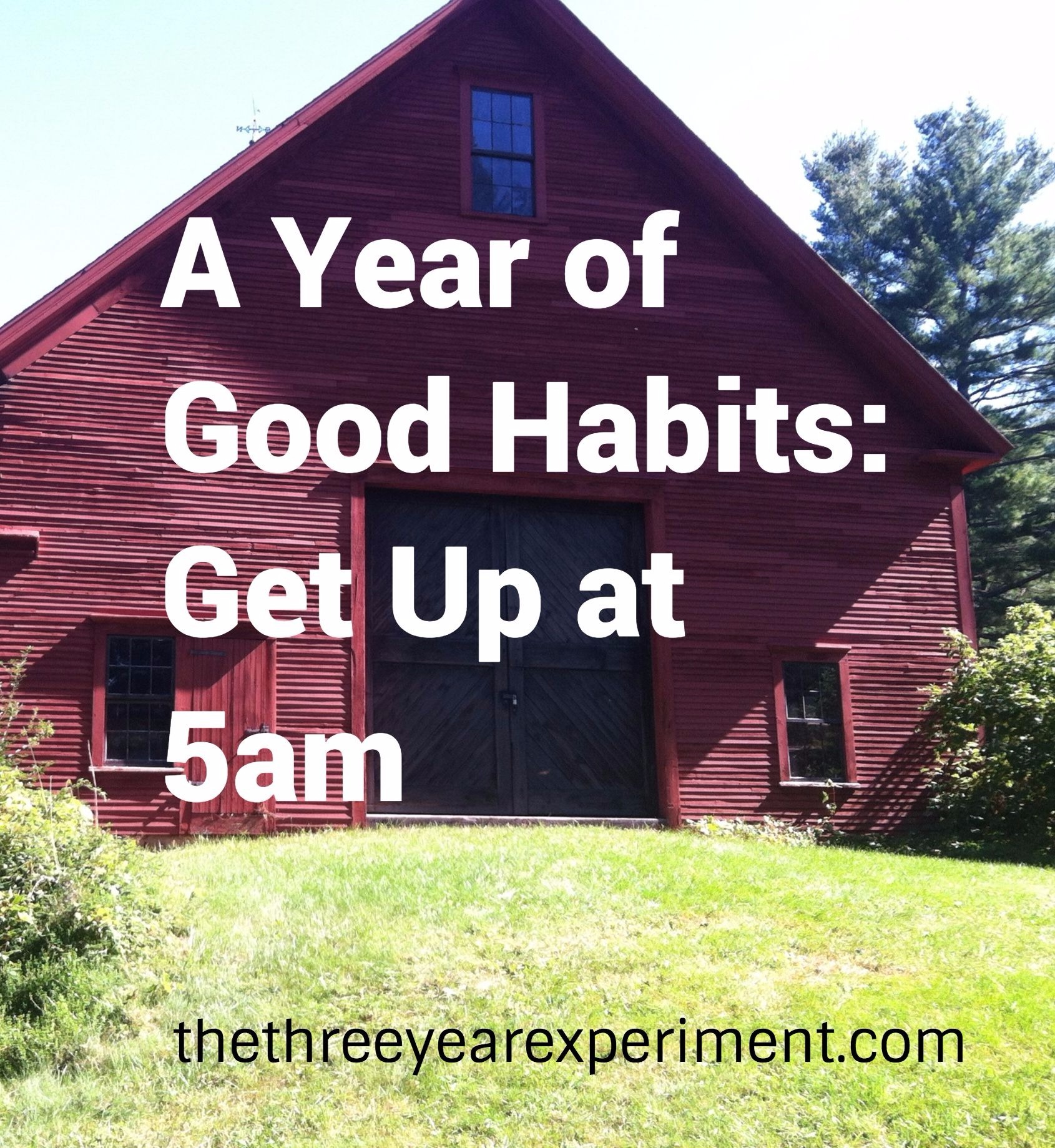Hi guys! We’re waiting for heavy rains and possible power outages with Hurricane Florence. In the meantime, I hope you enjoy this post I wrote last year. Every word is as true (or truer!) today and I definitely need these reminders again, so I’m republishing. Have a good (and safe!) weekend!
I recently stumbled across this quote in an old journal, “Focus is more important than intelligence.” Is focus more important than intelligence? I certainly believe so, and I think the more I live and navigate smart phones and the beginning of the internet revolution, the more I realize that focus is essential to having a good life and making progress towards your goals. I’m sure I wrote it down because it resonated with me, and I felt it in my bones to be true. Also, focus is a struggle, each and every day, for me. I have two jobs, a husband who travels, kids to take to activities and appointments and help with homework, a Masters course, lesson plans, and this blog. It’s a lot of code switching.
Why is focus so necessary nowadays and what can we do to get more?
Cal Newport, author of Deep Work, argues that focus is intelligence. He states that “focus is the new I.Q. in the knowledge economy, and that individuals who cultivate their ability to concentrate without distraction will thrive,” in his bio. His theory is that workers who will be most sought after in our new economy will be those who can quickly master hard things and those who produce at an elite level. Both of these qualities require focus, he argues.
Newport is an author and professor of Computer Science at Georgetown University, and he’s fairly young, young enough to have had social media around in college. But he’s always been very careful where he puts his attention, shunning social media from the start.
“Efforts to deepen your focus will struggle if you don’t simultaneously wean your mind from a dependence on distraction,” he says. For Newport, standing in line at a supermarket is a chance to practice letting our minds wander, rather than checking our social media accounts. The more we wean ourselves from technology and constant distraction, he argues, the better we’ll eventually get at working at a deeper level. Like anything, he argues, it takes practice, and in today’s highly distractible world, it is not a common commodity to have.
No More Social Media?
If you don’t wean yourself from a dependence on your smart phone, or something else that distracts you constantly, then you won’t be able to perform at such elite levels of focus. But how? Continue reading “Is Focus More Important than Intelligence?”

